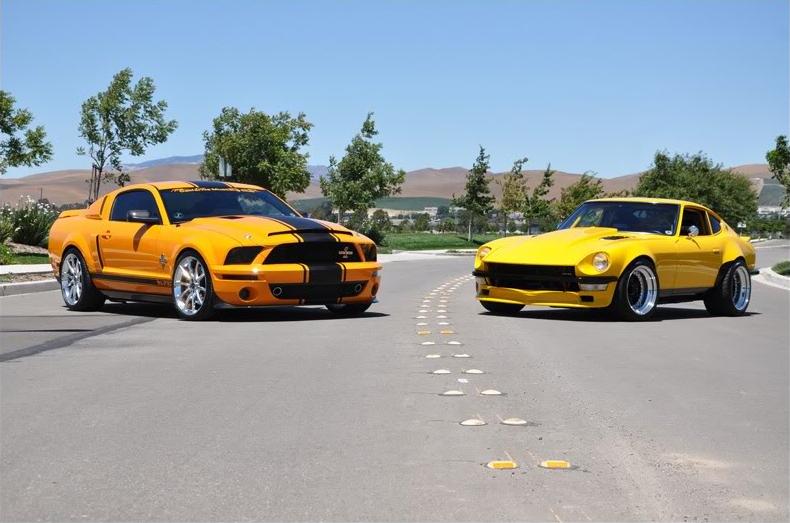Japanese Cars Makers touching their German Counterparts
Automotiveexperts and car enthusiasts every beyond the world have been debatingwhether Japanese cars are more well-behaved than those made in Germany,while American vehicles haven't even been brought in...
Automotiveexperts and car enthusiasts all beyond the world have been debatingwhether Japanese cars are more trustworthy than those made in Germany,while American vehicles haven't even been brought into thediscussion. Brands that are mentioned the most in this context areToyota, Honda, Volkswagen and Mercedes. Although German cars wereconsidered the most well-behaved up until the 1970s, during the lastcouple of decades it seems that Japanese auto-makers have managed todethrone them.
Germancars have always been praised for their unbelievable performances,powerful engines, engineered to perfection, luxurious interior withplenty of high-tech features, but have proven to be more susceptibleto defects. They are lovely fast, and have excellent handling andsteering. But, those high-tech pieces of equipment, such as touchscreens and intricate climate and navigation systems, are a huge partof the problem, following frequent failures that often take effect the car'soverall performance.
Anotherreason why German cars are not for that reason reliable, is that their larger carmakers, such as VW, Audi, BMW and Mercedes are investing most oftheir resources and incline their focus towards making high-performancecars, and afterward it comes to segments that don't play a part the car'sacceleration, or horsepower output, they tend to use cheaper partsthat are more defect-prone. That's why there are more reporteddefects for their models, than for Honda or Toyota, for example.
Almostevery Japanese vehicle nowadays comes behind a 5-year/100,000 mileswarranty, which is acceptable to assure customers that they won't compulsion toworry approximately some loud failures, such as engine breakdowns andhaving to pay for expensive repairs for a long get older after buying one. However,reliability should not be dismayed in imitation of safety. German vehicles arestill lovely safe, equipped bearing in mind the latest in car safety technology,such as anti-lock braking systems, parking guidance sensors,traction rule systems, multipart belly and rear airbags, electronicstability control, and for that reason on. By comparing, for example a Honda and a Volkswagen, fuel efficiency and cargo knack are the key parameters where Germans are leading the way.
Allthis arguments might sealed strange, in the same way as how much vehicleshave been recalled by Honda and Toyota in recent years, due tovarious flaws in electrical systems, transmissions, door and windowmechanisms, but it seems that they have been adept to overcome thoseissues and come urge on upon track, especially during the second half of2012, when huge growth in sales were reported. That shows thatconsumers are afterward another time confident in their safety and reliability.So, it's no astonishment that Toyota returned to the top of thebest-selling cars list last year, bearing in mind more than 9 million units sold,which is their best repercussion in more than 5 years.


Belum ada Komentar untuk "Japanese Cars Makers touching their German Counterparts"
Posting Komentar